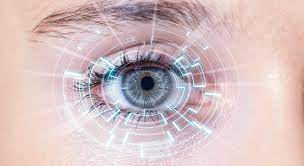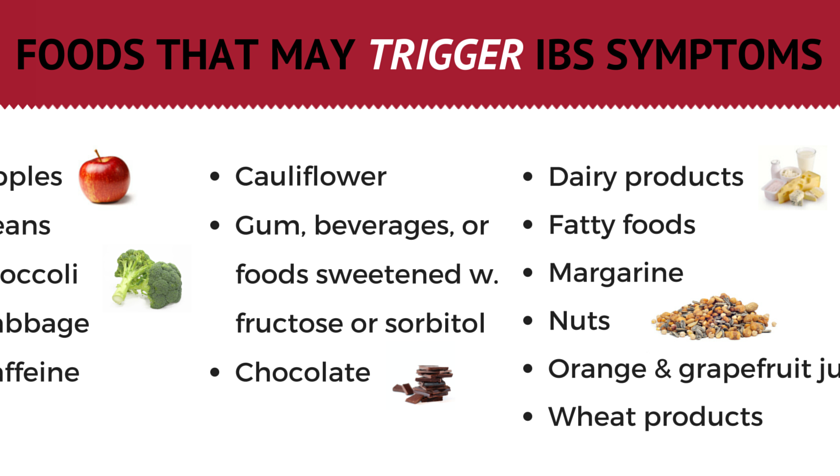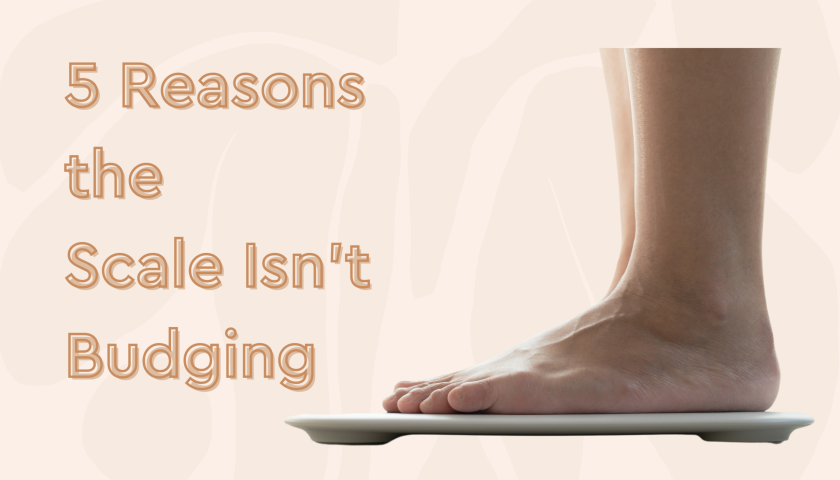Screen Time: Friend or Foe to Your Eyes?
By: Saika J
Our screens, once portals to knowledge and entertainment, have become inescapable companions, holding both our attention and a potential threat to our precious eyesight. While some might believe magic diets or miraculous exercises can restore perfect vision, experts paint a different picture. This article delves into the realities of maintaining good eye health in a digital age, offering practical tips from leading ophthalmologists to help you see the world with clarity.
Beyond the Myths: Understanding Vision
Dr. Parul Sharma, Director & HOD of Eye Care at Max Hospital, dispels the prevalent myth that vision solely hinges on diet or exercises. “Our visual acuity,” she explains, “is primarily determined by the eye’s shape and the health of its internal components like the cornea, lens, and retina. Relying solely on external fixes is misguided.”
However, while specific exercises might not directly enhance vision, Dr. Sharma acknowledges their potential to help with eye muscle coordination and relaxation. This highlights the multifaceted nature of eye health, requiring a holistic approach.
The Screen Odyssey: A Double-Edged Sword
Dr. Dheeraj Gupta, Senior Consultant at Marengo Asia Hospital, identifies prolonged screen time as a major culprit in eye strain. “Our digital devices, despite their benefits, can strain our eyes, leading to discomfort and symptoms like dryness, fatigue, and blurred vision.” This strain arises from the sustained focus on close-up objects and reduced blinking, impacting overall eye health.
To combat this strain, Dr. Gupta recommends the “20-20-20 rule”: every 20 minutes of screen time, take a 20-second break to look at something 20 feet away, allowing your eyes to refocus and rest.
The Power of Rest: A Simple Sanctuary
Beyond screen breaks, Dr. Gupta emphasizes the importance of prioritizing sleep. “Ensure your eyes get adequate rest by aiming for 7-8 hours of sleep each night,” he advises. “If sleep is elusive, try closing your eyes briefly throughout the day to promote relaxation.” Remember, your eyes need downtime just like any other part of your body.
Fueling the Visual Engine: A Nutritional Approach
Diet plays a critical role in eye health, just as it does for overall well-being. Dr. Sharma highlights the importance of certain nutrients: “Vitamins A, C, and E, along with omega-3 fatty acids, are particularly beneficial.” These nutrients support various eye functions, protecting against age-related macular degeneration, cataracts, and other vision-related concerns.
Incorporating a balanced diet rich in fruits, vegetables, whole grains, lean protein, and healthy fats can provide the necessary nutrients for optimal eye health. Think of it as nourishing your vision from the inside out.
Proactive Prevention: Regular Eye Check-Ups
Annual eye examinations, as Dr. Sharma emphasizes, are crucial for early detection of potential problems. “During an eye exam, your optometrist or ophthalmologist evaluates various aspects of vision and eye health, including visual acuity, eye pressure, muscle coordination, and the health of the retina and optic nerve.” Early detection leads to timely treatment, potentially preventing more serious issues down the line.
Hydrating Your Gaze: Combating Dryness
Many people grapple with dry eyes, especially those spending extended periods glued to screens. Dr. Gupta explains that reduced blinking while staring at screens can exacerbate this issue. “Opt for larger screens like tablets or TVs when streaming content,” he suggests. “This reduces eye strain and encourages more blinking, helping to combat dryness.”
Avoiding Misguided Solutions: Seek Professional Help
The experts unanimously warn against self-medicating with over-the-counter remedies for eye problems. “Some medications, especially those containing steroids, can have harmful effects if used improperly,” Dr. Sharma cautions. Remember, your eyes are delicate organs, and any concerns deserve professional attention.
Embracing a Visionary Future
Maintaining good eye health isn’t about chasing quick fixes or magical solutions. It’s about adopting a sustainable and proactive approach that incorporates healthy habits, responsible screen time management, and regular eye check-ups. By following these simple yet effective tips, you can empower your eyes to see the world clearly and comfortably, both today and in the years to come.






